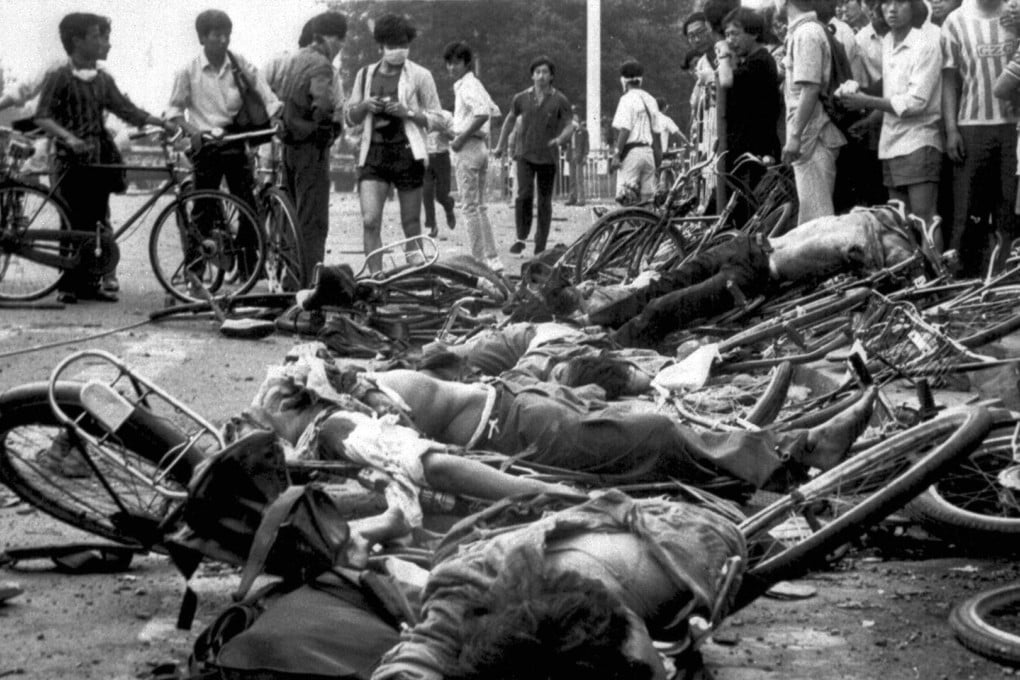Louisa Lim's timely reminder of Tiananmen crackdown cover-up
Author interviews survivors of June 4, 1989, military action to shed new light on Chinese government suppression of memories of what happened - a work of particular interest in Hong Kong in wake of Occupy Central protests

It's easy to forget the bad moments in history, especially if you caused them. And in Beijing, no moment has become as forgettable as the Tiananmen Square crackdown of June 4, 1989.
Twenty-six years after the People's Liberation Army opened fire, the central government continues to go to great lengths to hide the truth about this watershed moment through censorship, falsification of history and using nationalism to redirect criticism.
Louisa Lim, a journalist who reported from China for a decade, explores this cover-up operation and the cultural ramifications of selective memory in her enlightening and thoughtful book, .

This book carries frightfully relevant reminders and lessons for Hong Kong and the leaders of the Occupy movement. Lim documents how the Tiananmen student leaders have lived a lifetime of sacrifice and repression for their actions.
Another important point the author makes is that Beijing has become extremely skilled at sidelining the June 4 dissidents and undermining their relevance in public discourse over China's openness and censorship. Tiananmen leaders have been overshadowed and replaced by dissidents such as the human rights lawyer Chen Guangcheng.
